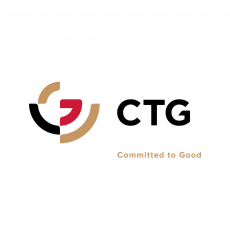UNICEF continues to support the delivery of essential healthcare services at the primary, secondary, and tertiary levels across all 34 provinces through 2,389 static health facilities. Of these, In the Parent Project of the Health Emergency Response Project (HER) and Additional Financing (AF1), the World Bank focused on implementing the BPHS/EPHS with a component on maternal and newborn health, which over the past 20 years has not entirely solved the quality gap. This component encompasses preventive maternal and newborn health interventions, including IFA+ tablets, calcium supplementation, and early initiation of breastfeeding, as well as measures for managing obstetric complications, essential newborn care, and care for small and vulnerable newborns, such as resuscitation and Kangaroo Mother Care (BPHS 2009-2010) UNICEF has planned to procure supply items across 24 Province in 150 Health facilities, high impact MNCH supply categories, ranging from medical equipment such as radiant warmers, suction machines, and incubators to innovative devices like transcutaneous bilirubinometers and anti-shock garments. Tracking the use of these products and maintaining real-time inventory is crucial, given the large number of supply items, specialized equipment, and innovative products being introduced. Therefore, the health section requires the services of a HIVA MNH Monitoring extender.
Objective: Extenders are responsible for performing a variety of tasks, as detailed below, to support monitoring activities, demand generation, accountability mechanisms for affected populations, technical facilitation, and program implementation. These responsibilities, described comprehensively in the sections that follow, do not grant any programmatic or financial authority. Extenders are selected from Afghans with specialized expertise and in-depth knowledge of the areas in which they operate, derived from their local residency and/or professional experience.
Key duties and responsibilities:
-
Monitoring and Supervision of HIVA MNH Services.
-
Capacity Building of Healthcare Providers and Community Health Workers.
-
Data Collection and Quality Assurance.
-
Establishment and Strengthening of MNH Units.
-
Stakeholder Coordination and Reporting.
-
Community Engagement and Demand Generation.
-
Support in Supply Chain and Logistics Monitoring




